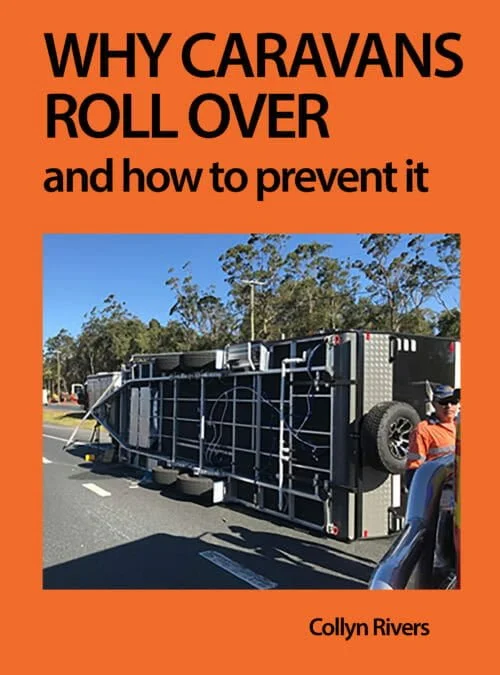Should I grease my tow ball?
Tow ball friction plays a vital role in reducing caravan sway
Should I grease my tow ball is a question asked by caravan owners worldwide. A recent poll in Australia showed that slightly over half do so, but primarily to reduce wear.
Tow ball friction plays a vital role in reducing caravan sway. Those owners who grease them unwittingly prejudice safety for the possible need to renew the tow ball every ten or so years. In practice a non-greased tow ball has negligible wear. Even it were to need replacing, the cost to do so is a mere A$15-25.
The common advice to use grease for trailer hitch ball is misplaced. RV Books advises that you do NOT grease that tow ball – nor use any liquid or powder that may reduce that vitally needed friction. While tow ball friction is only one factor it’s one of a range of issues that factor into how to stop caravan sway.
Adding tow ball friction
The world-wide AL-KO company produce a tow ball that has four friction linings forced against the tow ball from both sides plus the front and rear. In technical terms, they exert the equivalent clamping torque of 320 Newton/metres force. In Australian terms, this is ‘b-y tight!’. Swaying or pitching movements are effectively suppressed before they become serious.

The AL-KO friction tow ball hitch.
Friction anti-sway limitations
Any hitch (or add-on friction sway control) has a fundamental limitation. This is that unless deliberately increased, frictional force remains constant. The vectored sway forces that they dampen, however, increase with the square of the road speed. Any form of friction hitch or friction stabiliser is thus only marginally effective at (say) 100 km/h (about 62 mph). This was actually confirmed (following extensive controlled testing) in a technical paper some years ago.
That any given frictional force remains a constant is why most UK/EU caravans use the friction hitch (for low/medium speed) comfort. They rely on electronic stability systems (that brake the trailer’s wheels) at high speed. Even here, the makers are cautious. They advise that while usually effective, these systems cannot overcome the more basic laws of physics. Ignore all advice to lubricate, or any friction-reducing manner a trailer tow hitch.




